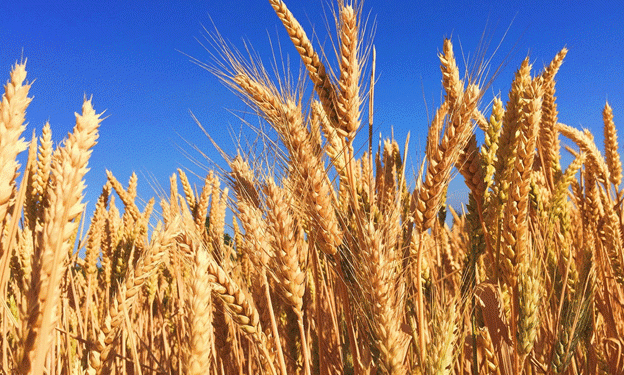Russia’s Wheat Exports Surge in Key African and Middle Eastern Markets
Russia continues to strengthen its position as a global wheat supplier, expanding exports to Africa and the Middle East. According to Rosselkhoznadzor, citing data from the Argus-Phyto information system, wheat exports to Morocco, Nigeria, Lebanon, and Cameroon have more than doubled compared to the same period in 2024.
- Morocco: 124,000 tons of wheat were shipped between January 1 and March 9, 2025, marking a 2.3-fold increase from the 54,300 tons exported in the same period last year.
- Nigeria: 131,400 tons were delivered, a 2.7-fold increase compared to 48,900 tons in early 2024.
- Lebanon: 96,300 tons of wheat were exported, 2.4 times higher than last year’s 40,700 tons.
- Cameroon: 50,000 tons were shipped, up 2.2 times from the previous year’s 23,200 tons.
This growth is part of a broader trend in Russia’s agricultural exports. In the 2023/2024 season, Russian grain was shipped to 109 countries, with 11 new markets opening and 7 nations resuming trade with Russia. Looking ahead, Russia aims to increase grain production to 170 million tons by 2030, with an export potential of 80 million tons.
Why is Russian Wheat Gaining Popularity?
Several factors contribute to the rising demand for Russian wheat in Africa and the Middle East:
- Competitive Pricing: Russia offers wheat at a lower cost compared to Western suppliers, making it an attractive option for price-sensitive markets.
- Stable Supply Despite Global Disruptions: Russia’s ability to maintain steady wheat exports, even amid geopolitical and logistical challenges, strengthens its reliability.
- Growing Food Security Concerns: African and Middle Eastern nations are seeking stable and affordable grain sources to meet their increasing food demand.
- Expansion of Trade Agreements: Russia has been actively building trade partnerships and infrastructure to facilitate grain exports to these regions.
Russia’s growing wheat exports to Africa and the Middle East highlight its strategic role in global food security. As demand for grain increases, Russia is well-positioned to expand its market presence, leveraging its production capabilities and competitive pricing. If the country achieves its 2030 production targets, it could further solidify its status as a dominant player in global wheat exports.
Error





